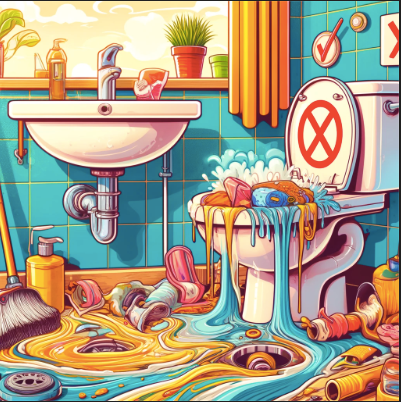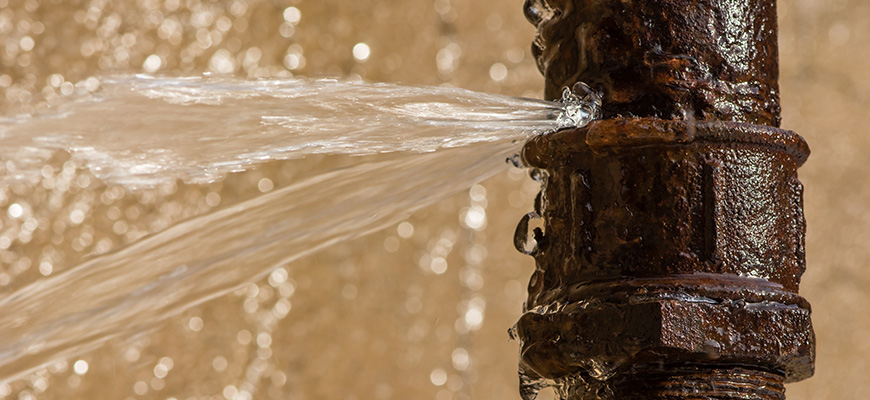Plumbing problems can be a significant nuisance in any household. Some of these issues, particularly clogged pipes, often result from daily habits that many of us don’t even consider problematic. By identifying and modifying these habits, homeowners can prevent inconvenient and sometimes expensive plumbing repairs. Let’s delve into three common practices that could be clogging your pipes and explore practical solutions to avoid these issues.
1. Pouring Grease Down the Drain
Why It’s a Problem:
One of the most common mistakes in kitchen maintenance is disposing of grease, fats, and oils down the sink. It may seem convenient to pour these substances down the drain while they are still in liquid form, but as they cool, they solidify and adhere to the inner walls of your plumbing. This build-up restricts water flow and can eventually lead to significant blockages, causing backups and possibly even damage to your plumbing system.
What You Can Do Instead:
Cool and Dispose: Allow grease to cool and solidify in the pan. Once it’s solid, scrape it into your trash bin.
Store in Containers: If there’s too much grease to cool in the pan, pour it into a disposable container, like an old can or plastic bottle, and toss it in the garbage once it solidifies.
Regular Maintenance: Regularly flush your pipes with hot water and a bit of dish soap to help dissolve any residual grease that might have escaped your other preventive measures.
2. Flushing Non-Flushable Items
Why It’s a Problem:
Toilets are only designed to handle human waste and toilet paper. Flushing anything else, particularly products like wet wipes, cotton swabs, dental floss, and feminine hygiene products, can be detrimental to your plumbing. Even items labeled as “flushable” wipes do not break down as readily as toilet paper and can quickly start clogging your pipes in a way that is tough to clear.
What You Can Do Instead:
Install a Bathroom Trash Bin: Ensure that there is a readily accessible bin in every bathroom to encourage proper disposal of non-flushable items.
Educate Everyone: Regular reminders for family members and guests about what can and cannot be flushed can prevent many plumbing issues.
Choose Products Wisely: Opt for products that are less likely to cause clogs, and despite marketing claims, prefer to dispose of all wipes and similar products in the trash.
3. Ignoring Hair Build-up in Drains
Why It’s a Problem:
Hair loss during showers is normal, but without proper prevention, accumulated hair can combine with soap scum and other debris to form tough blockages in your drains. These clogs not only slow down water drainage but can also lead to complete blockages if not addressed timely.
What You Can Do Instead:
Use Drain Guards: Fit all your bath and shower drains with guards to catch hair before it enters your plumbing system.
Regular Drain Cleaning: Make it a routine to clean these guards and remove any accumulated hair, ideally after each shower.
Natural Drain Cleaners: Periodically use a mixture of vinegar and baking soda to clear your drains. Pour the mixture down the drain, wait for about an hour, and then flush it with boiling water to help remove any buildup in the pipes.
By avoiding these three common habits, you can significantly reduce the risk of clogging your pipes and maintain a more efficient and trouble-free plumbing system in your home. Remember, a little prevention goes a long way in avoiding the frustration and expense of plumbing repairs.
Generated by OpenAI’s DALL-E


